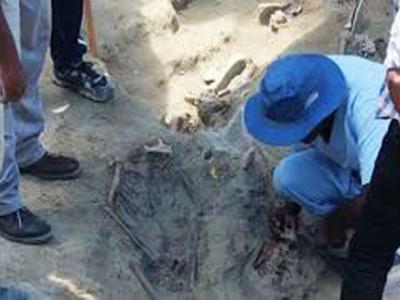(COLOMBO, LANKAPUVATH) –The Millennium Challenge Corporation (MCC) Board of Directors, at its quarterly meeting held on December 15 in Washington, DC, has decided to discontinue the proposed US$ 480 million compact with Sri Lanka.
The MCC in April 2019 approved Sri Lanka compact awarding a five-year grant of $ 480 million but the Sri Lankan government did not sign it and the program didn’t move forward.
The US$ 480 million grant under the MCC Agreement was proposed to utilize to upgrade the transportation infrastructure and improve land management, covering the entire country.
The compact was given initial approval by the prior Sri Lankan government, which was supportive of the MCC partnership. But the new administration that came to power in 2019 and has been much less friendly toward MCC.
Over the past year or so, the compact has become deeply politicized and the government appointed a committee in January this year to conduct a detailed study on the MCC Project and make recommendations to the Government.
Following the recommendation of the special committee was headed by Professor Lalithsiri Gunaruwan of the University of Colombo, the government decided to “unconditionally reject” the agreement.
According to a release issued today by the MCC, Board of Directors selected new countries as eligible for U.S. Government grant assistance.
The MCC Board unanimously selected Sierra Leone for a new compact—MCC’s five-year grant program—to reduce poverty through targeted investments that increase economic growth. The Board also unanimously selected Kiribati for an MCC threshold program—the agency’s smaller grant program focused on policy and institutional reform.
As part of the annual selection process, MCC’s Board of Directors reselected Benin, Burkina Faso, Côte d’Ivoire, and Niger as eligible for concurrent compact programs for regional integration; Malawi, Mozambique, Timor-Leste, and Tunisia for compact development; and Ethiopia, Kenya, and The Gambia for threshold program development. The Board also reaffirmed its support for continuing compact development in Indonesia, Kosovo, and Lesotho.




